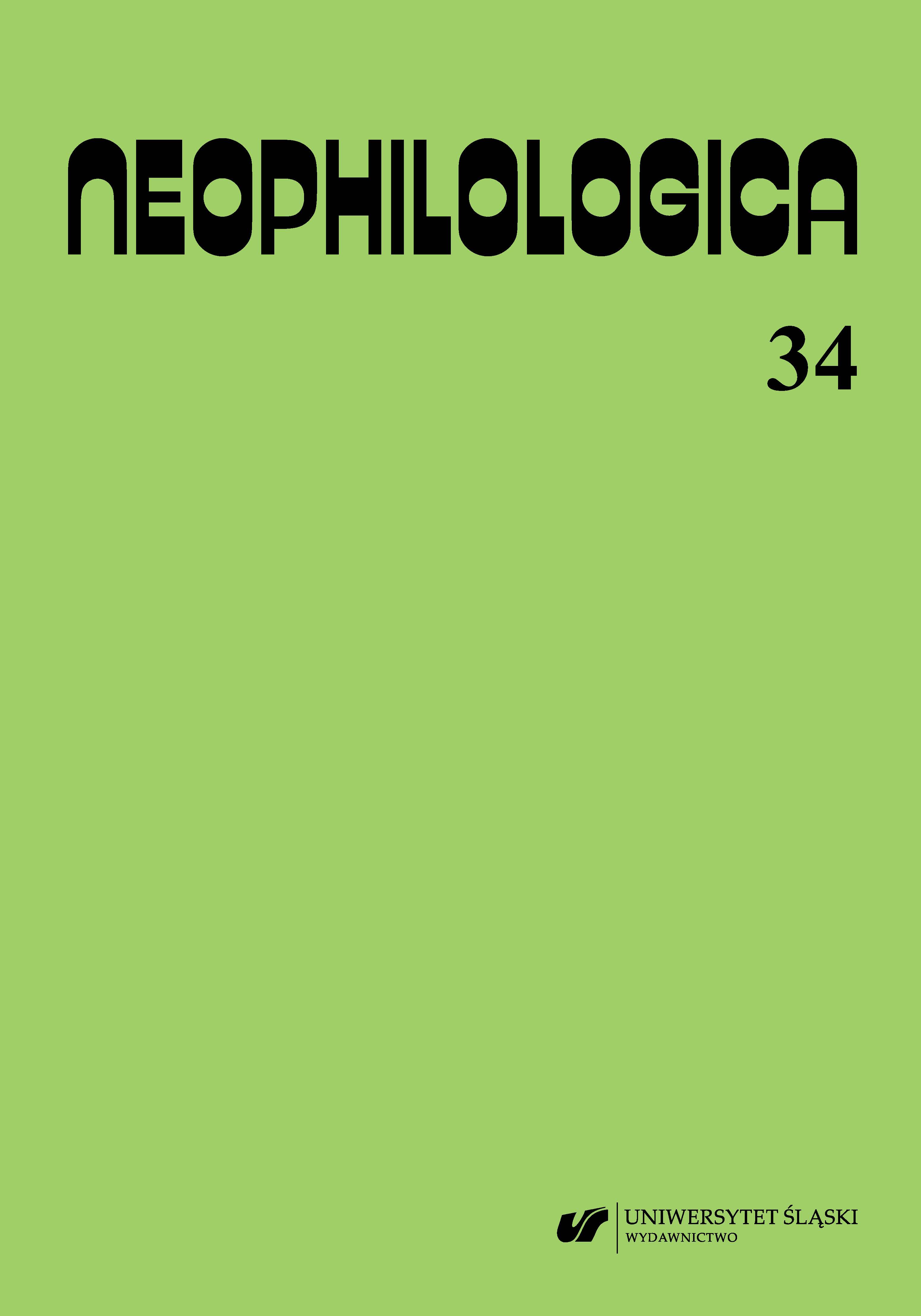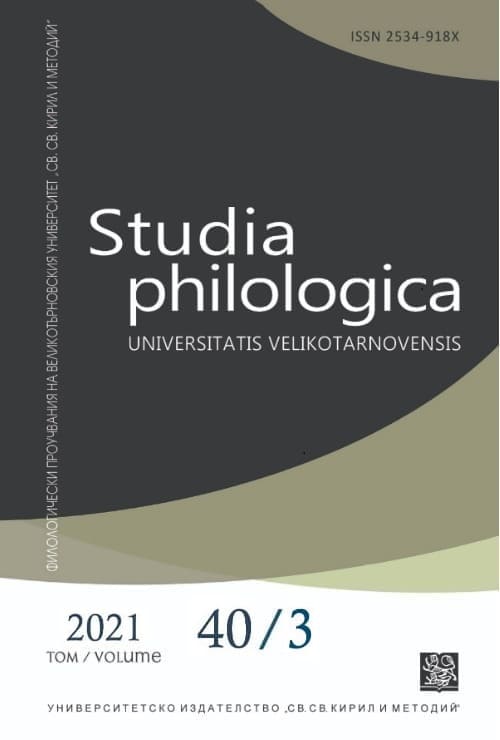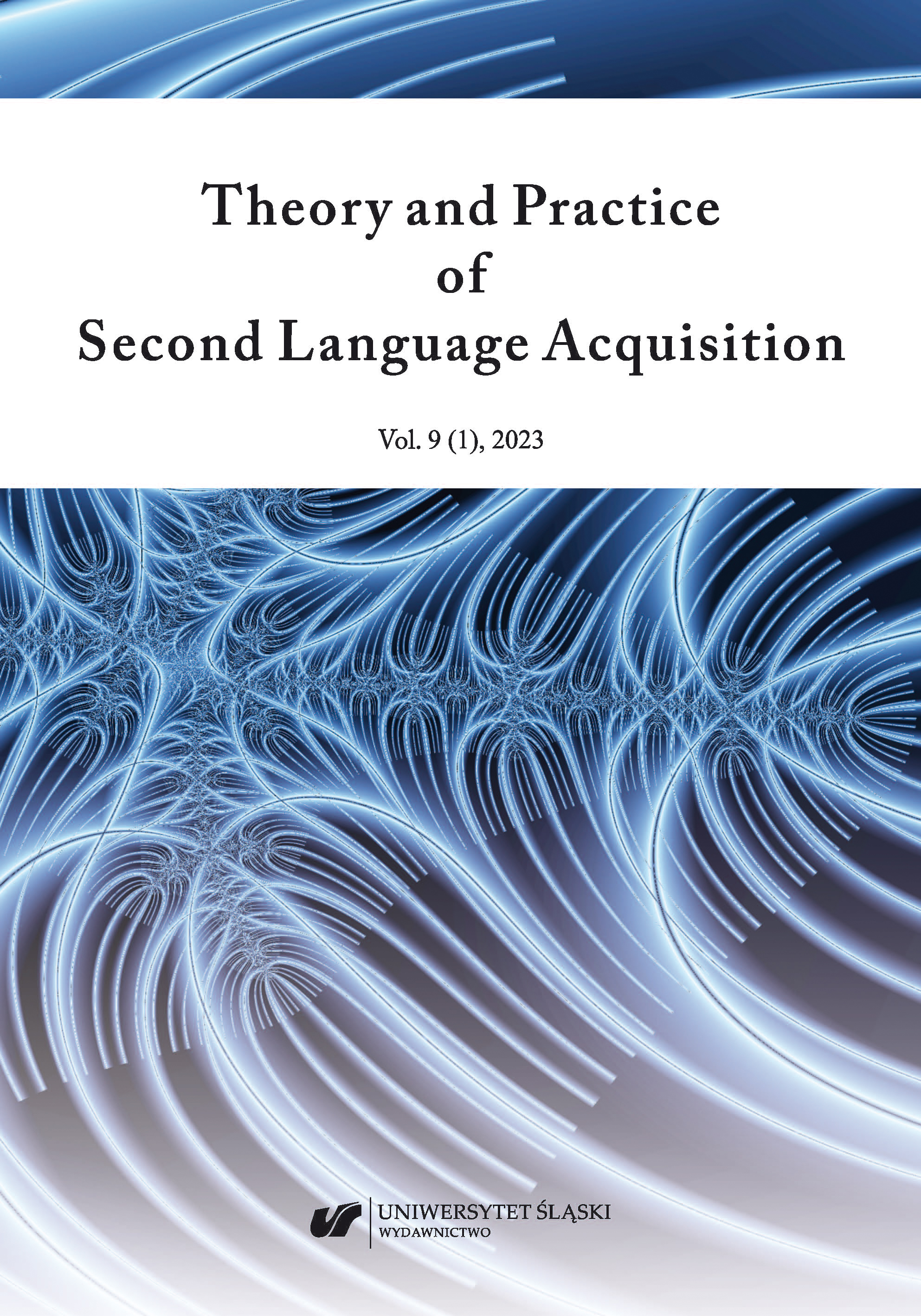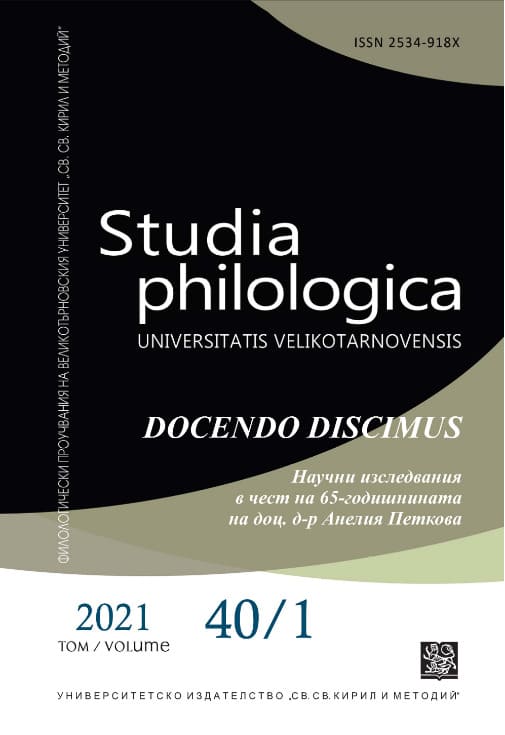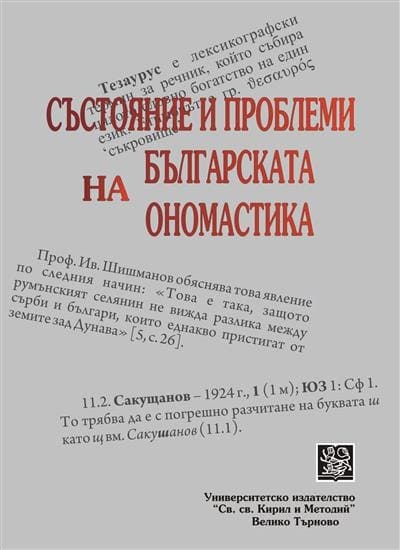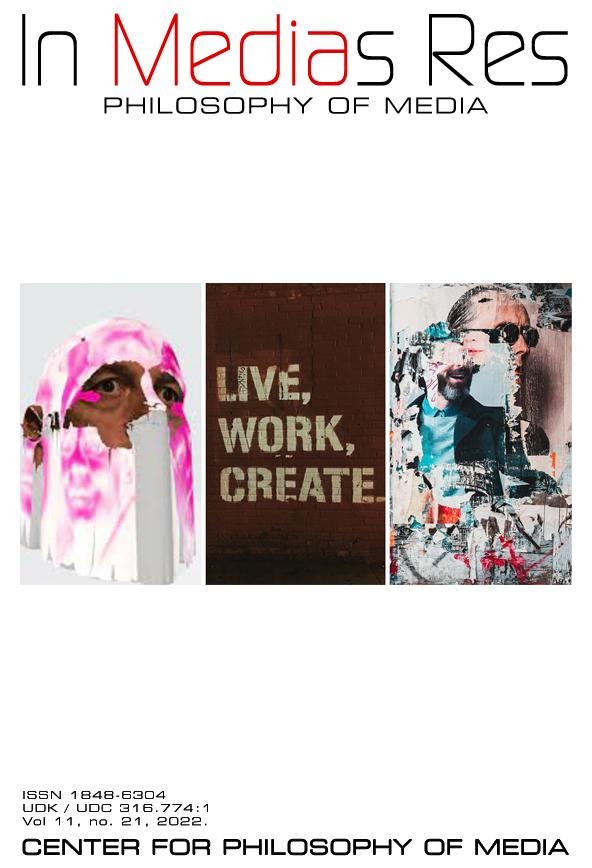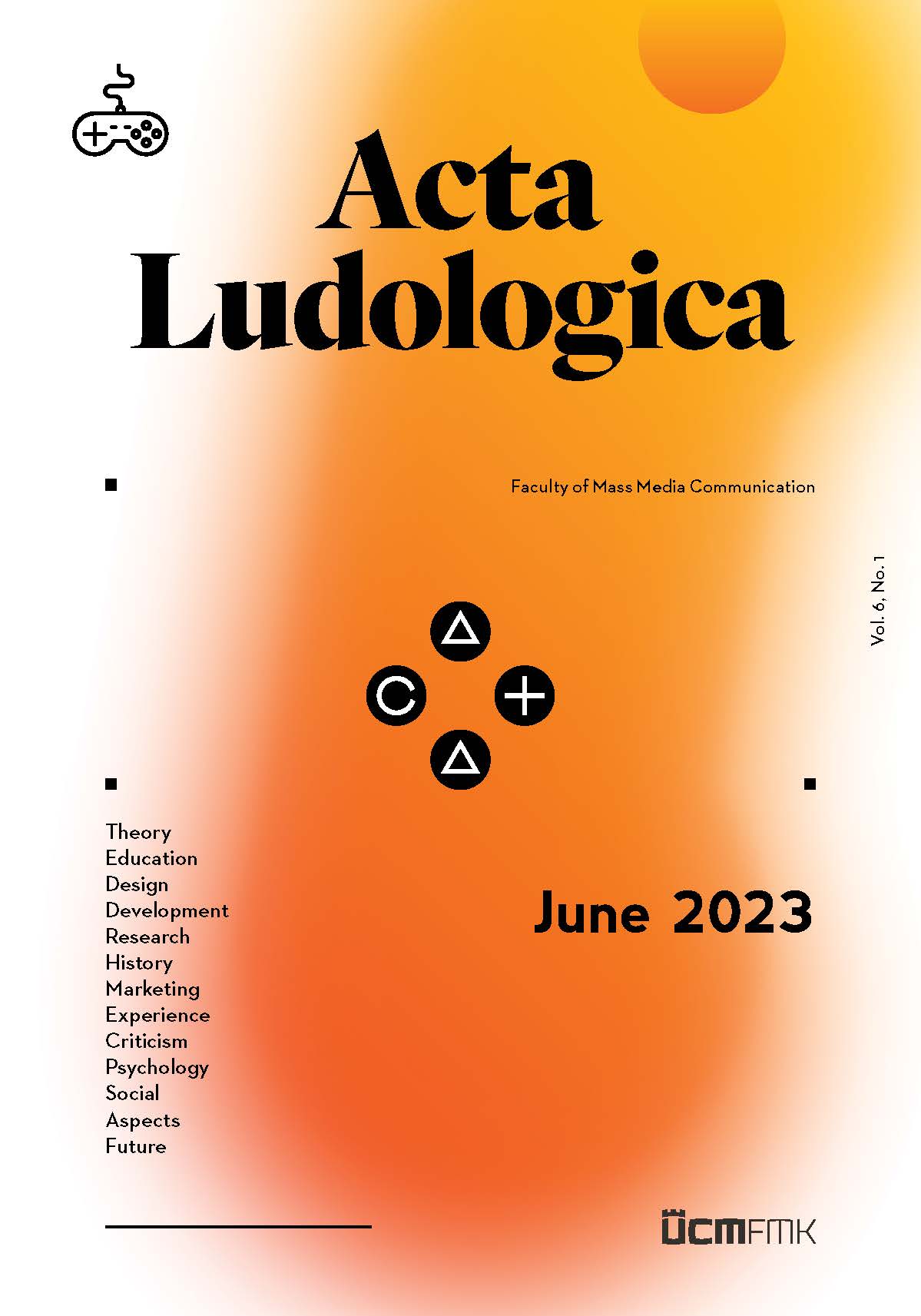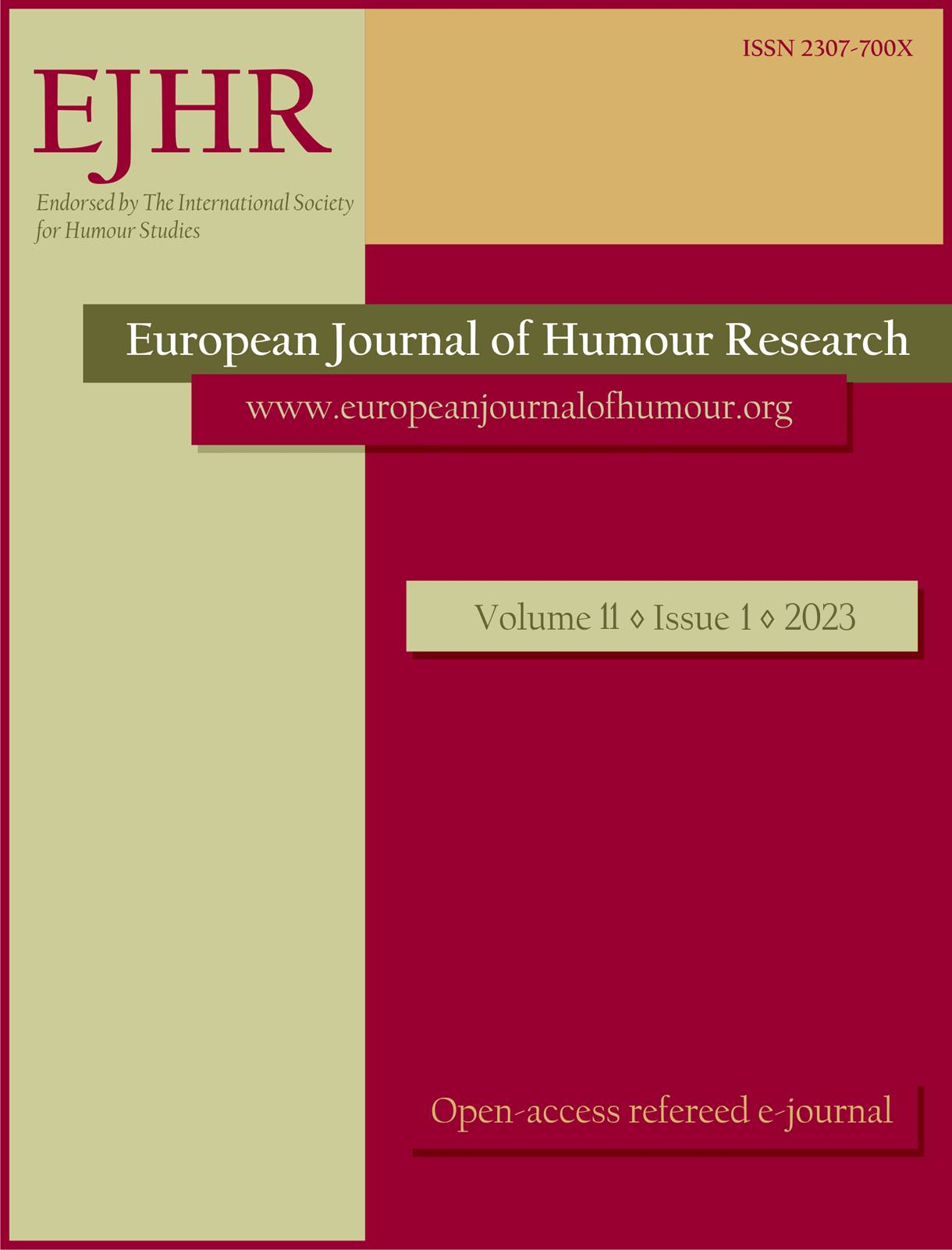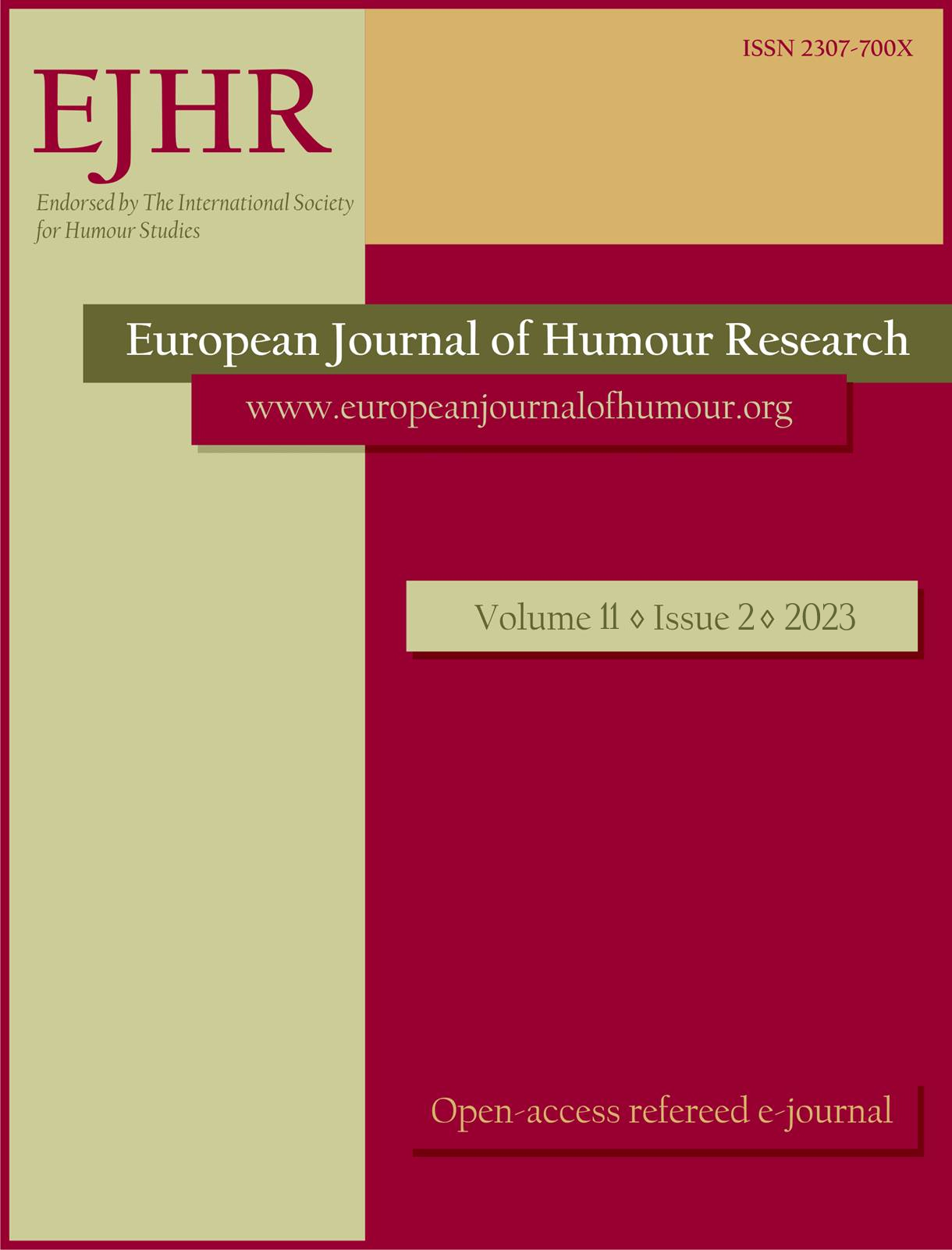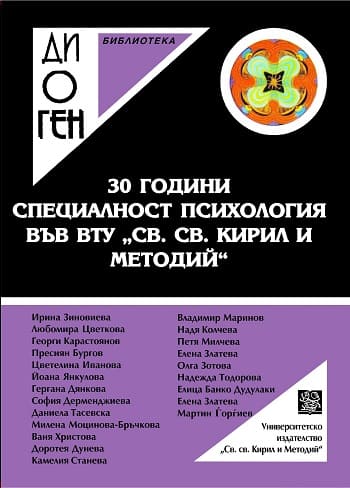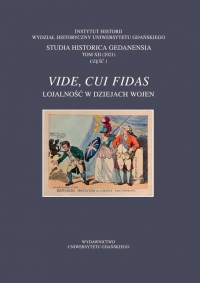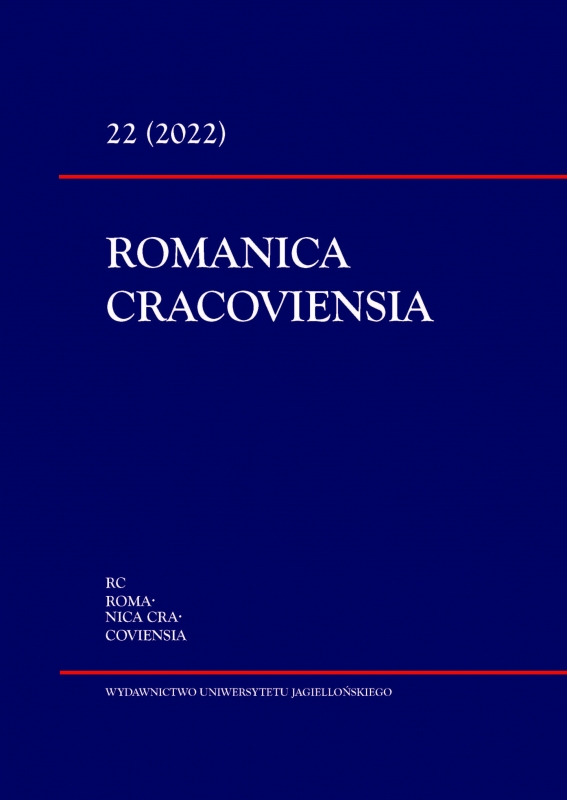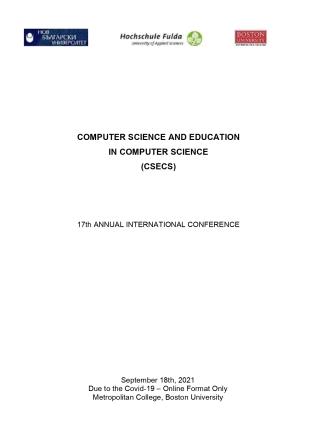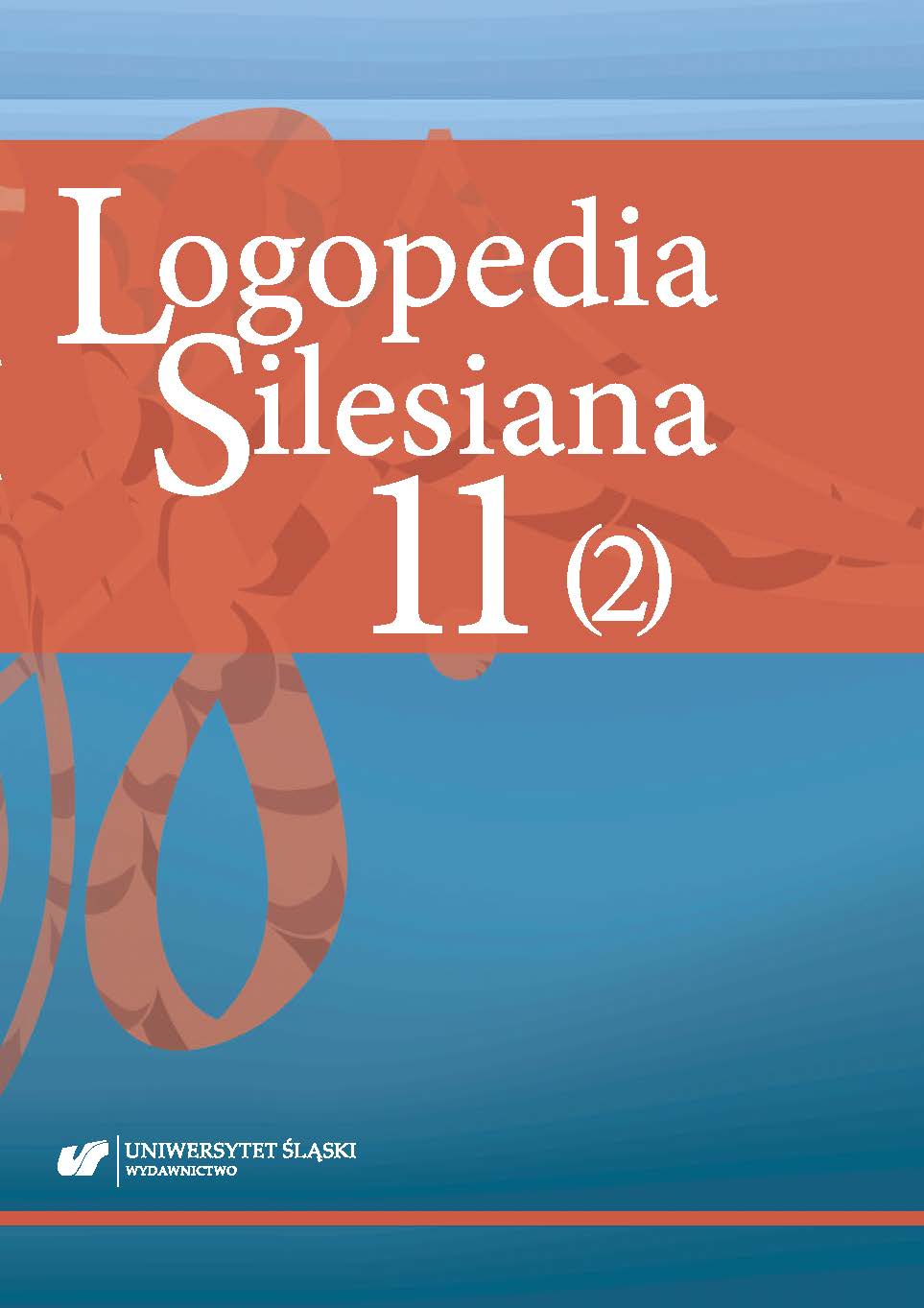
Reflection on the concept of “the norm” in speech-language therapy / Rozważania nad normą w logopedii
The article discusses various concepts of the norm in speech-language therapy. The aim of the article is to present the complexity of the topic. The author considers various determinants of linguistic and communicative behaviour in the verbal form and the related methods of describing the norm. The essential requirement for correct diagnosis and therapy of persons with speech disorders of various aetiologies is knowledge and experience sufficient to determine the meaning of individual terms designating the disorders, taking into account interdisciplinary methods of defining the norm. This explains also the importance of ensuring proper standards of education allowing to perform independent, correct and reliable diagnosis and speech-language therapy.
More...
